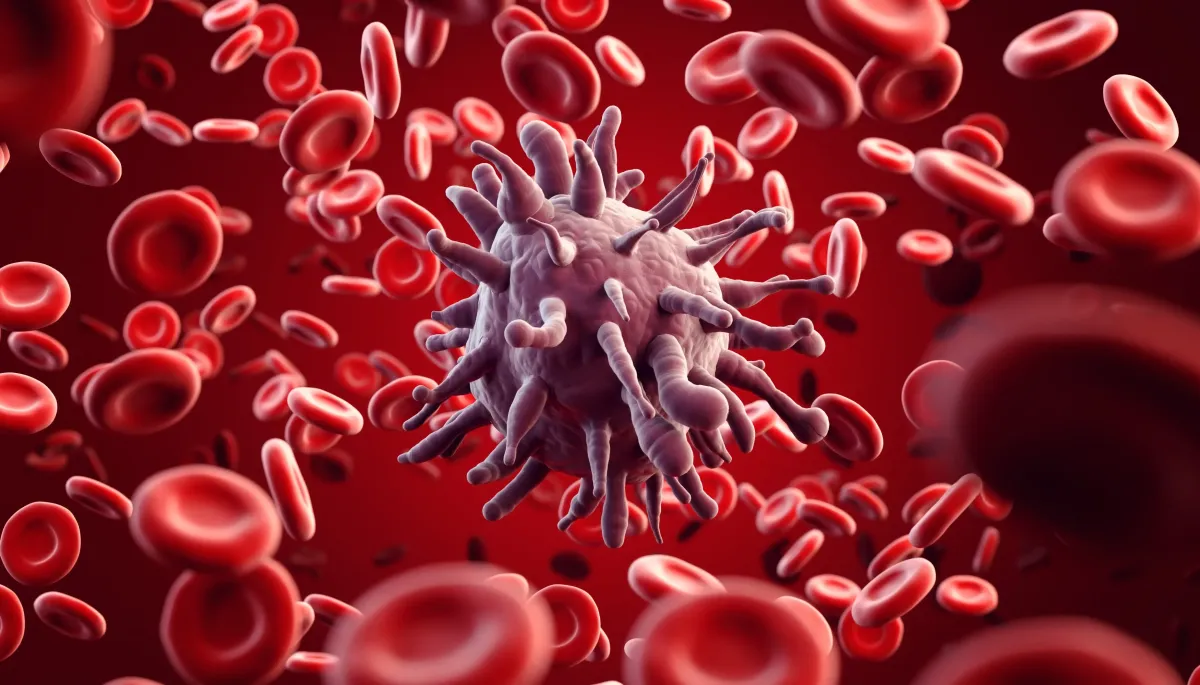immune system insufficiency: Gut Health
Immune system insufficiency weakens the body's defense against infections due to nutritional deficiencies, gut imbalances, and toxin exposure, requiring gut health management and proper nutrition.

description of immune system insufficiency:
Immune system insufficiency refers to a state where the immune system is not functioning properly, leading to a reduced ability to fight infections and disease. Various factors can contribute to this condition, including nutritional deficiencies, imbalanced immune responses, and exposure to toxic substances.
Nutritional Deficiencies:
The immune system needs a steady supply of nutrients, such as vitamins and minerals, to operate effectively. Malabsorption, as seen in certain gut disorders like GAPS (Gut and Psychology Syndrome), can lead to deficiencies that weaken the immune defense.
Imbalance Between Th1 and Th2 Immunity:
The immune system comprises two major responses: Th1, which combats infections in mucous membranes and skin, and Th2, which handles responses in body fluids. An imbalanced gut flora may weaken Th1 immunity, leading to an overactive Th2 response, thus predisposing individuals to allergies and autoimmune conditions.
Compromised Gut Flora: A significant portion of the immune system resides in the gut, and maintaining healthy gut flora is essential for a balanced immune response. Irregular or damaged gut flora can compromise the immune system, reducing its ability to fend off infections and allowing toxins to persist in the body.
Exposure to Toxins: In individuals with abnormal bacterial flora, the immune system is exposed to toxins from opportunistic microbes, which can further weaken the immune response.
Autoimmune Reactions: Poor communication between gut bacteria and the immune system can mistakenly trigger autoimmune responses, where the body attacks its own cells, leading to diseases such as Type 1 diabetes. In summary, immune insufficiency results in increased vulnerability to infections, chronic conditions, and autoimmune diseases. Addressing this issue involves managing gut health and ensuring sufficient nutrition to support robust immune function.
Role of Gut Imbalances in immune system insufficiency:
Gut imbalances, particularly those involving abnormal gut flora, play a significant role in immune system insufficiency by disrupting various protective and regulatory mechanisms within the body.
Here's how gut imbalances contribute to this condition:
Reduced Immune Protection: The gut wall is rich in lymphocytes, which are a type of white blood cell, and immunoglobulins like IgA, both crucial for defending against pathogens. In individuals with damaged gut flora, there are notably fewer lymphocytes and a decreased production of IgA, which leaves the body vulnerable to infections and other invaders.
Impaired Phagocytic Cells: Neutrophils and macrophages, essential for clearing infected tissues by engulfing and destroying viruses and bacteria, are less effective in people with abnormal gut flora. Although these cells might appear to function normally, they can have a reduced ability to handle antigens, allowing harmful agents to persist within the body.
Imbalance Between Th1 and Th2 Immunity: Healthy gut flora helps maintain a balance between Th1 (the body's first line of immune defense) and Th2 (which includes allergic responses) immunity. An abnormal gut flora can skew this balance, leading to an underactive Th1 and overactive Th2 response. This imbalance often results in increased susceptibility to allergies, autoimmune diseases, and chronic infections.
Malnourished Immune System: A dysfunctional digestive system with imbalanced gut flora can lead to malnutrition, as the body becomes deficient in essential vitamins, minerals, amino acids, and fats necessary for a healthy immune response. This nutritional deficiency further contributes to immune system insufficiency.
Autoimmunity and Chronic Inflammation: Abnormal gut flora may trigger an overactive Th2 immune response, increasing the risk of allergic reactions, autoimmunity, and chronic inflammation, where the immune system mistakenly attacks the body's own tissues.
Toxic Exposure: Gut imbalances often enable opportunistic pathogens to proliferate, which can produce toxic substances that directly harm the immune system and worsen its insufficiency. Overall, individuals with gut imbalances—such as those experiencing Gut and Psychology Syndrome (GAPS)—are often left with a compromised, unbalanced, malnourished, and intoxicated immune system, insufficient to protect the body effectively. Addressing gut health is therefore crucial in maintaining a robust and balanced immune system.
